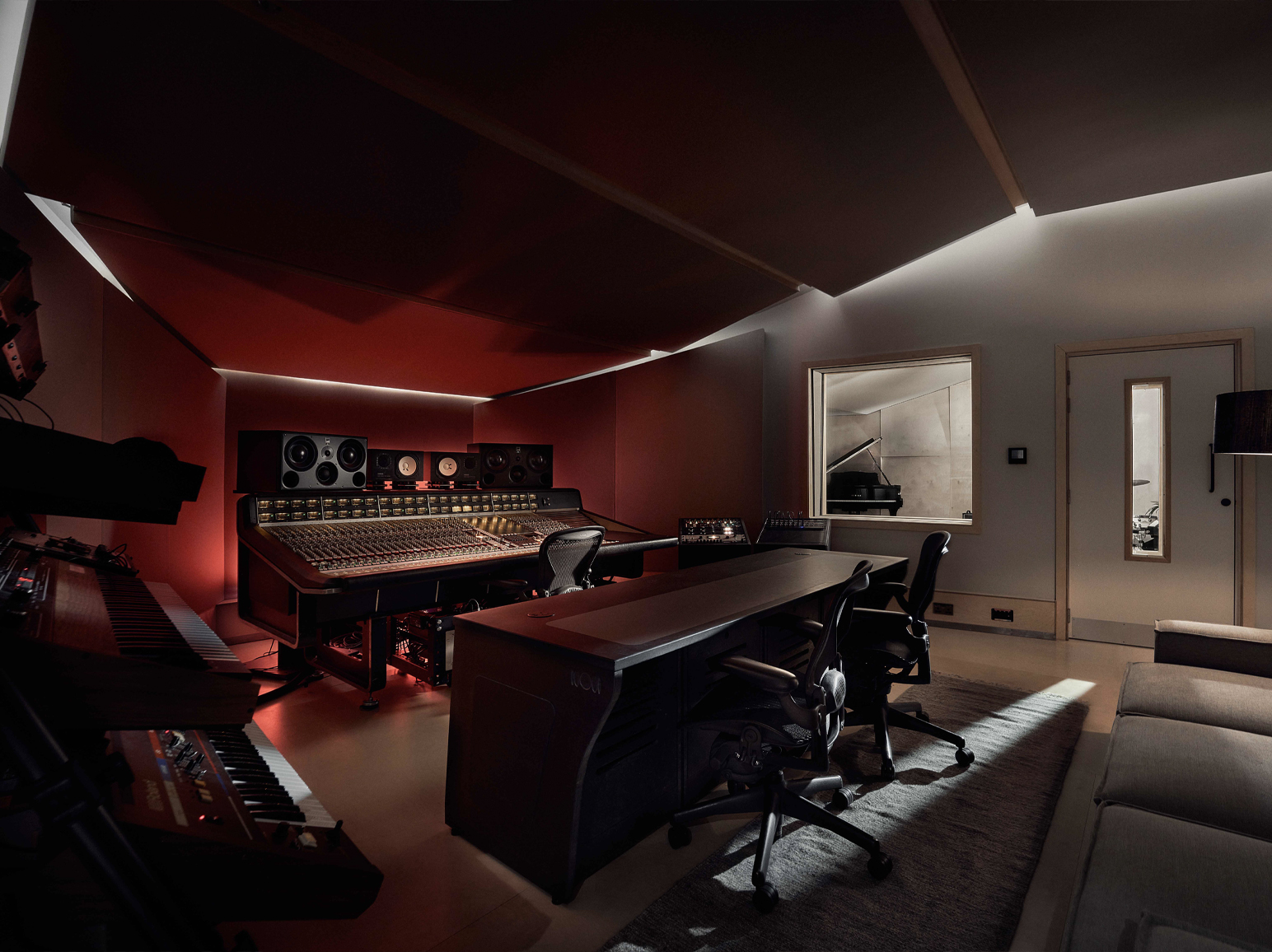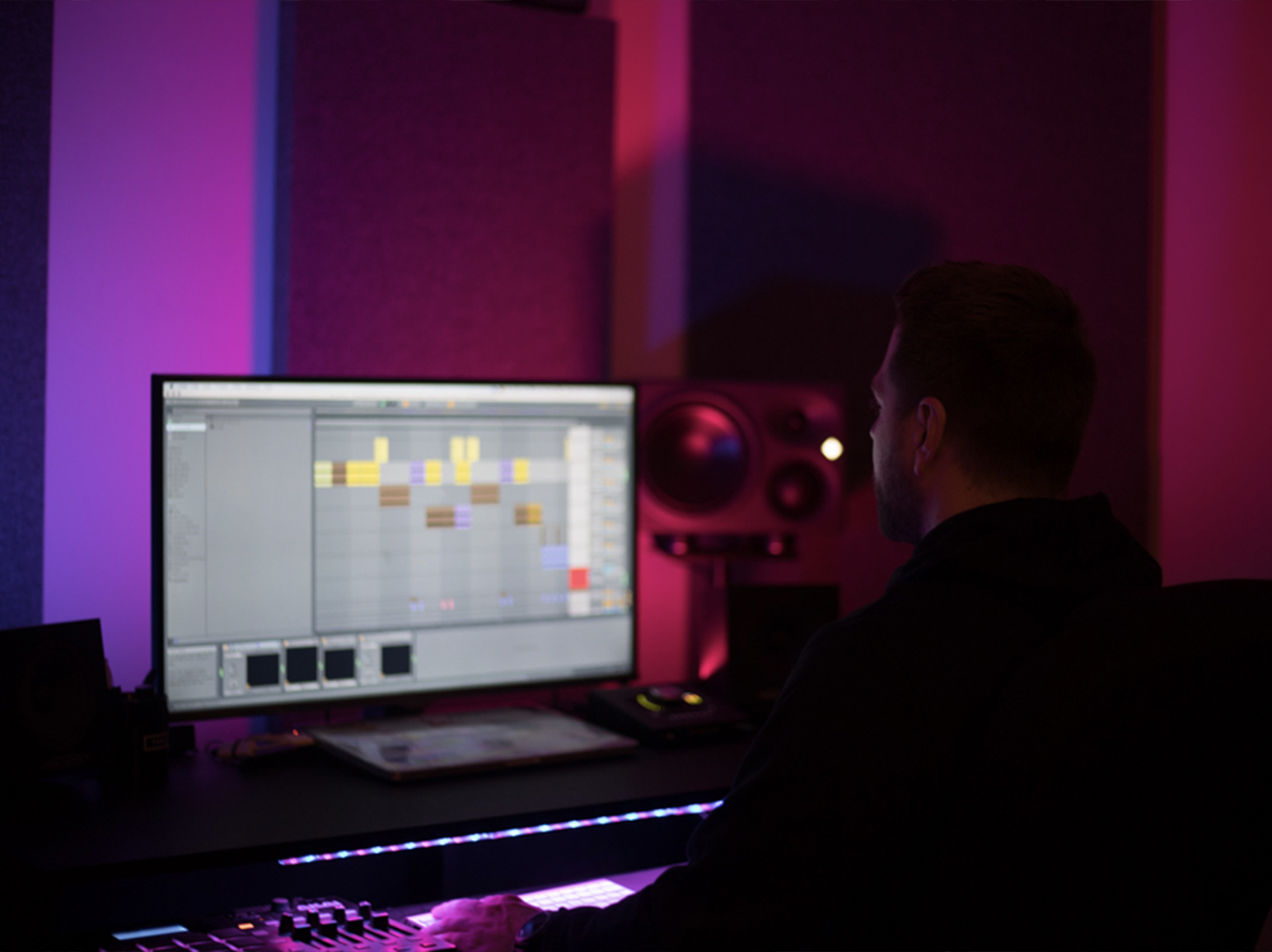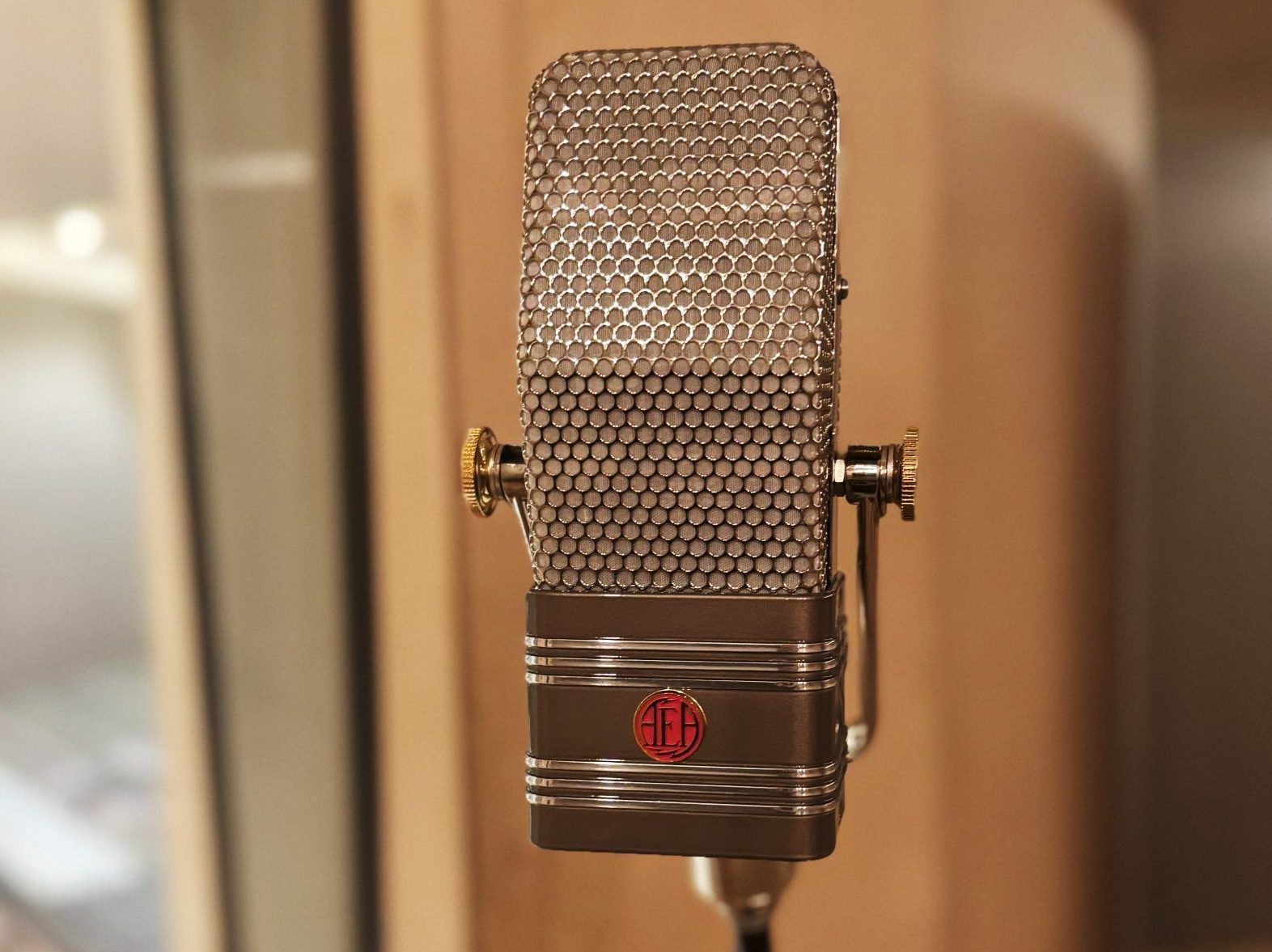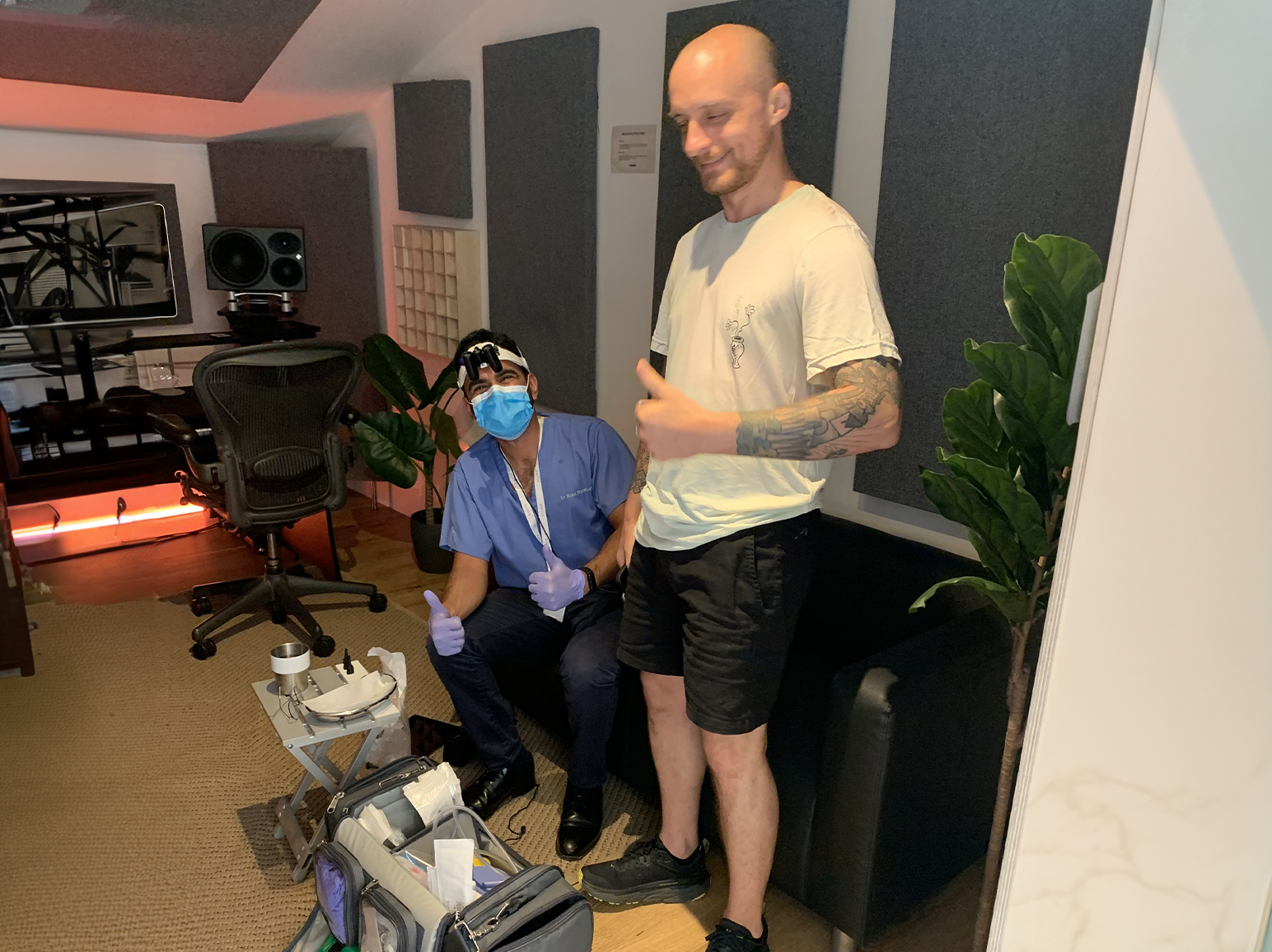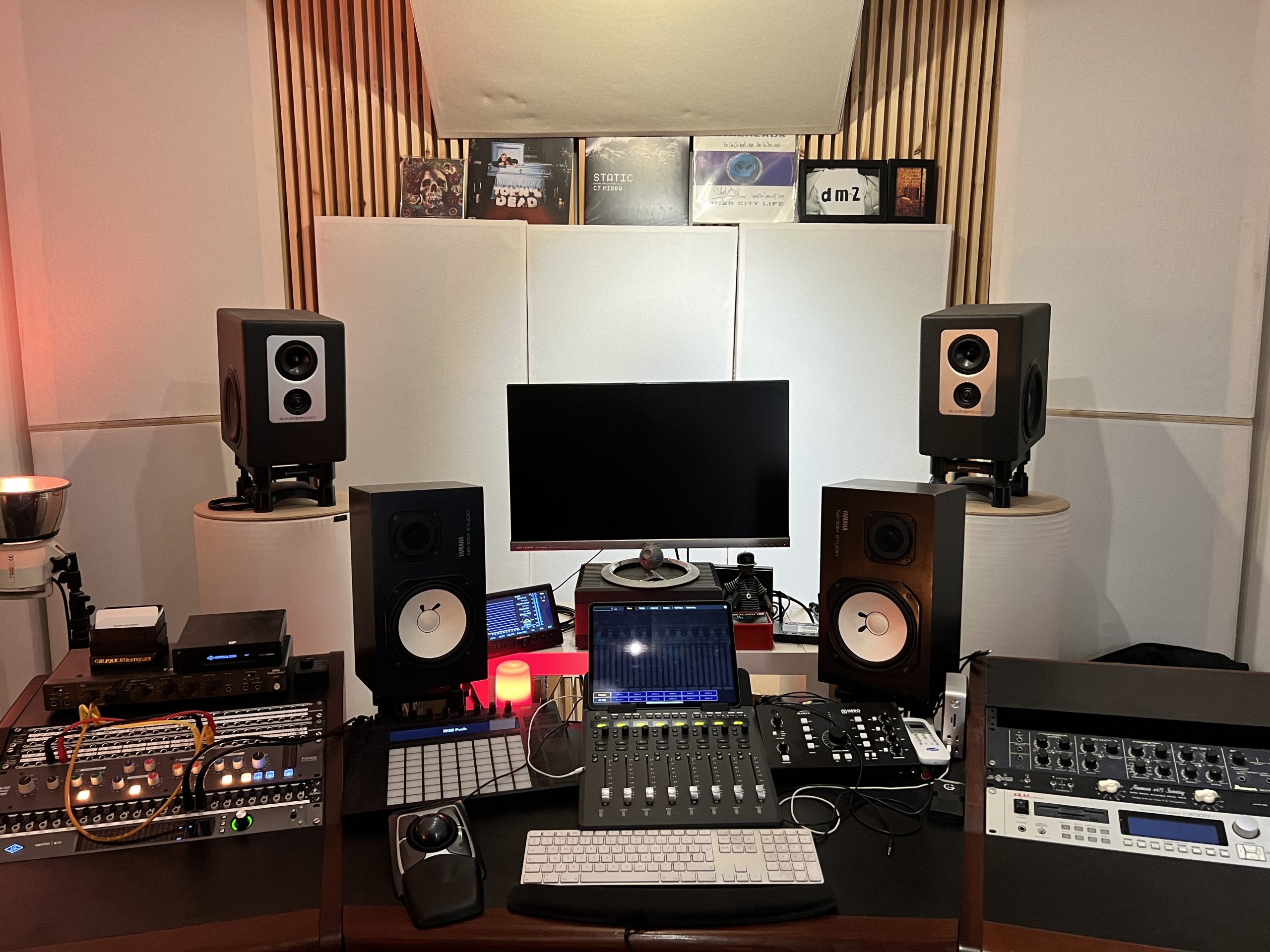
Navigating Copyright and Royalties for Record Producers
Navigating copyright and royalties can be a tricky business for record producers. Understanding the ins and outs of these legal concepts is crucial to protecting your work and ensuring that you receive proper compensation for your contributions to a recording.
Firstly, it’s important to understand what copyright is and how it applies to music production. Copyright is a form of legal protection for creators of original works, including music recordings. When a record producer creates a new recording, they automatically hold the copyright to that work, unless they have assigned it to someone else. Copyright gives the creator the exclusive right to reproduce, distribute, and publicly perform their work, as well as to create derivative works based on the original.
However, in the UK, copyright law is complex and constantly evolving. The law governing copyright is contained in the Copyright, Designs and Patents Act 1988, which has been amended numerous times over the years to keep pace with changes in technology and business models.
As a record producer, it’s important to be aware of your rights and responsibilities when it comes to copyright. For example, if you want to use someone else’s copyrighted work in your own recording, you’ll need to obtain permission or a license from the copyright holder. Failure to do so could result in legal action being taken against you, and could lead to damages being awarded against you.
Another important aspect of copyright law for record producers to be aware of is the concept of moral rights. Moral rights give creators the right to be credited for their work and to object to any changes made to their work that might harm their reputation. As a record producer, it’s important to respect the moral rights of the artists and musicians you work with, and to ensure that they are properly credited for their contributions to a recording.
When it comes to royalties, record producers are entitled to a share of the income generated by a recording. The amount of royalties you receive will depend on a number of factors, including the terms of your contract with the artist or label, and the way in which the recording is exploited.
For example, if the recording is used in a commercial setting, such as a film or television program, the record producer may be entitled to a share of the royalties generated by that use. Similarly, if the recording is played on the radio or streamed online, the record producer may be entitled to a share of the royalties generated by those uses.
However, navigating the complex world of royalties can be challenging, particularly in the digital age, where music is consumed and distributed in a variety of ways. It’s important for record producers to work with experienced legal and financial advisors to ensure that they are receiving fair and appropriate compensation for their work.
Navigating copyright and royalties can be a complex and challenging process for creators. However, by understanding the legal concepts involved and working with experienced advisors, record producers can protect their work and ensure that they receive fair compensation for their contributions to a recording. As the music industry continues to evolve, it’s important for record producers to stay informed and adapt to new business models and technologies, in order to continue to succeed in this exciting and dynamic field.
At Ten87 Studios we offer long term studio hire and day hire music studios. Each recording studio is acoustically treated and sound proofed to optimise any type of audio recording and music production. We are home to a large community of musicians, producers, engineers and audio professionals working in the music industry. Our main day hire studio is a world class tracking facility equipped with the best in recording studio gear, instruments, outboard and backline. We’re based in Seven Sisters, Tottenham with easy transport links to the city centre – ideal for anyone looking for a London recording studio.
